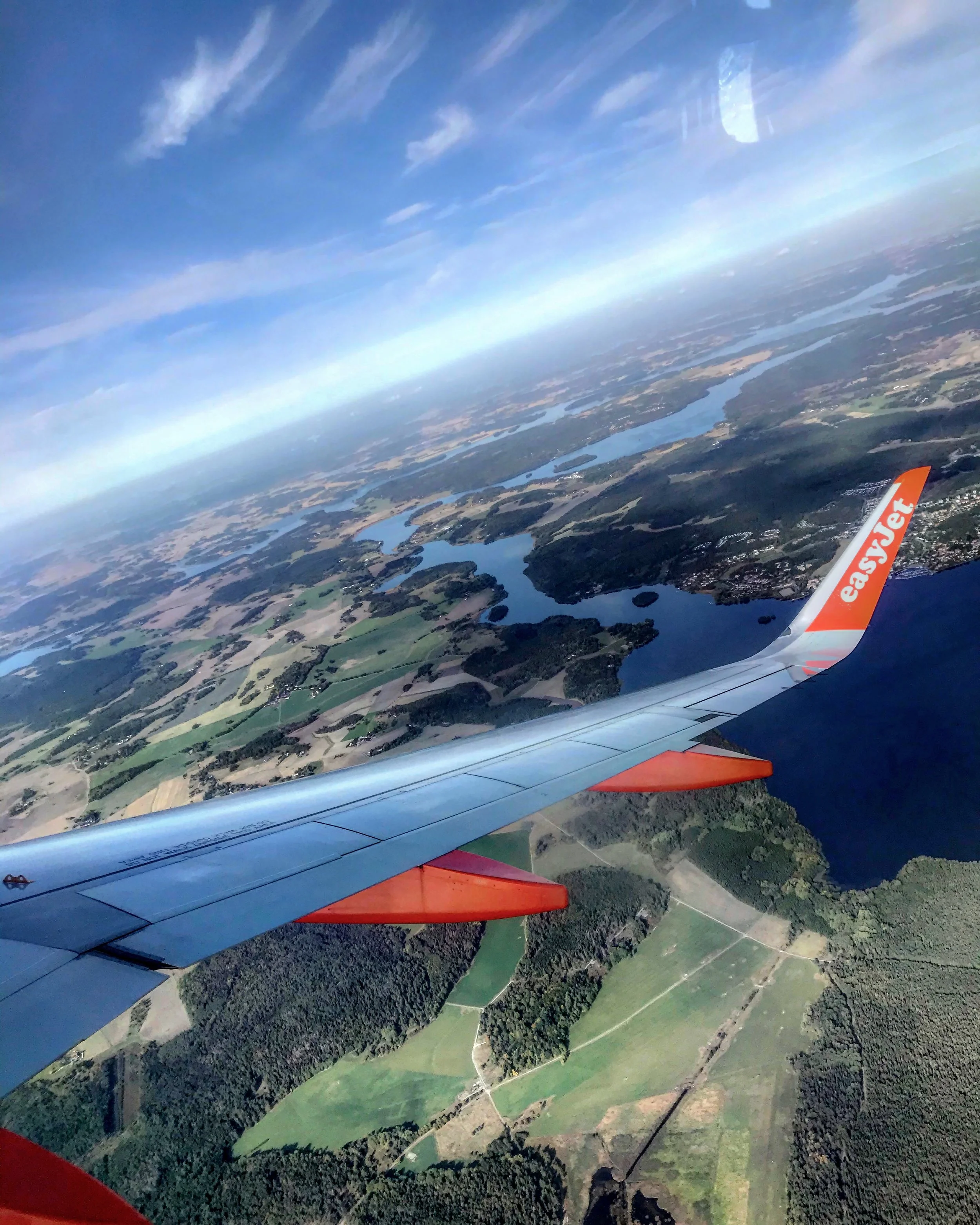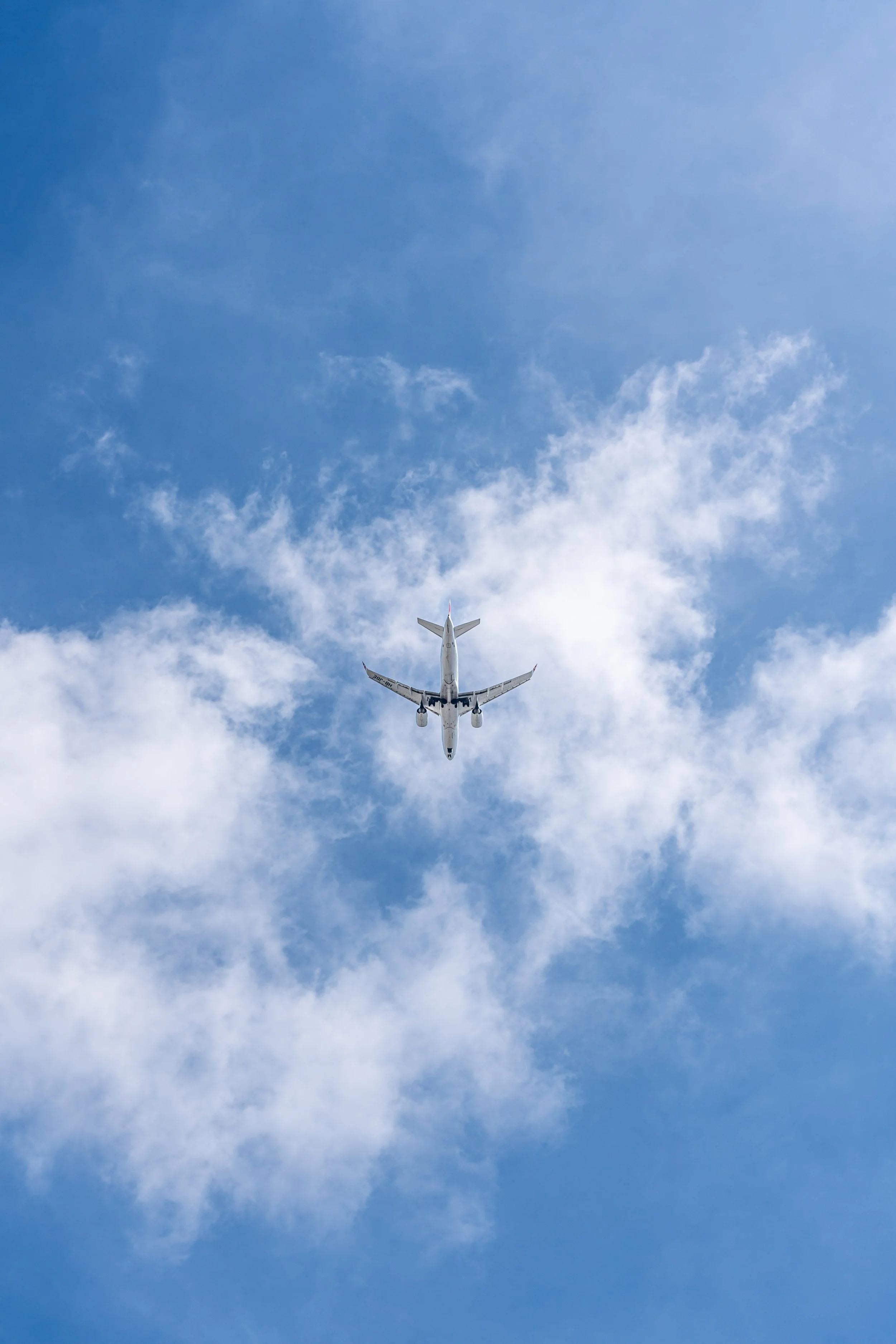How to Travel Efficiently
As the saying goes, “we’re here for a good time, not a long time”, but what if you could manage to do both? With some forward thinking and budget breakdowns, you can make your money go a lot further than you think.
In this blog I’ll be assessing how you can travel efficiently.
Planning
Whenever I start planning a trip, all journeys begin with a phase of research. It doesn’t have to been extensive, but completing a rough scout report of what a location has to offer can add a lot of positives to your trip in the long-term. I normally complete the research phase in a number of ways… Google, Blogs, YouTube, saving videos in advance on Instagram & TikTok etc. The more ideas you can gain the better.
Simply put, the more planning you put into a trip beforehand, the less time you waste when you arrive at the destination.
Holiday Packages
If you are thinking of planning a trip abroad and are looking for a seamless holiday experience, then a holiday package is well worth considering. easyJet are one of the leading and comprehensive airlines and holiday package groups in Europe, revolutionising air travel across the continent as we know it.
Through the combination of direct access to the best flights & accommodation available, easyJet offer unbeatable deals and an unlimited and ever-growing selection of destinations to choose from throughout Europe. Therefore if you’re after a beach break on the white sands of Greece, or a city break within the stunning fashion capital that is Milan, easyJet has everything at your disposal in order to readily tailor and suit your needs for an unforgettable holiday experience.
Packing
One way you can exercise a degree of efficiency is by assessing your clothing needs, although I agree it can be hard to know how much to pack and take with you. It’s true that sometimes it is best to be safe than sorry, but there is such a thing as overkill, and taking too much with you can weigh you down, literally. Those random pieces of clothing you think you may wear, I’d suggest leaving at home, more often than not we don’t even wear half the clothes in our suitcase. If in doubt, you can always buy more clothing when away.
Flights
Although it is possible to get some great last minute deals, a standard rule of thumb is the earlier in advance you book, the lower the price of flights will be. For this, I use Skyscanner to compare all flights around the world. Furthermore, consider flying early as possible in the day especially for short haul, this way you’ll have an extra day to spend at your destination, and they are generally cheaper because they are less popular.
For long haul flights, consider if you really need to be paying a considerable amount more at times for direct flights, where a lot of stopovers are short and give you time to stretch your legs. It’s a element of convenience vs budget, however ultimately either way it will still get you from a-to-b.
Accommodation
Once again, depending on your style and needs whilst you travel, at the end of the day, especially if you like to get out and explore, your accommodation is basically somewhere you can sleep and store your luggage. That being said, consider if it’s worth splashing out the big bucks on fancy hotels, however naturally there will be a variety of factors to consider.
For example if on your own, even a hostel may suffice, then if you are with family or partner, then it’s a choice between hotel room or apartment. Personally, in Europe especially over the years I’ve come to notice you can get great deals for apartments if there is a group of you.
Location is also another factor to consider, as more towards the centre and popular touristic attractions you stay, the higher the price per night will be. These days, public transport is far and wide, and a lot cheaper than paying much more per night. Even better, if like me you enjoy walking and exploring, staying further afield from the main areas is no problem.
Budget
Now this may be the most important factor of them all, your budget. This will vary as prices differ around the world, and you will have to take this into account depending on where you visit and how long you are looking to stay. For example, in South East Asia your money will go much further than say spending time in Japan or New Zealand.
Since being here long-term in New Zealand, I’ve came across multiple instances that have left me dumfounded and confused. From people having to stop traveling and start work much sooner than expected because they ran out of money, to people literally living on Jam Sandwiches day-by-day, you need to think hard and clear about your plans and how much you need to budget, especially if you plan to travel long-term.
Ultimately, the more you have saved, and depending how efficient you are with your money, the further the money will allow you to spend of things you really want to and enjoy.
Learn Local Language
When abroad, there will more than likely be times when you will enter a conversation in a foreign language. A simple and easy tip, it’s always handy to have a translation app downloaded on your phone ready to use in a foreign world. Consider learning even a few basic words of the language spoken in the region you’re visiting, even those will go a long way, and the locals will appreciate it. If there’s one thing I regret not doing over the years, it’s not learning a new language.
Flexibility
As perhaps one of the more important variables on the list, we come to flexibility. By allowing yourself to be flexible, you leave yourself room to wander and explore freely to your hearts content. Some of my best moments and memories while traveling and being on holiday have been through plans made on a whim.
That’s one of the best things about travel, you never know what opportunities could arise next. By keeping your schedule open and flexible to a certain degree, anything on the day is possible, the world is truly yours.
Balance of Exploration and Rest
When planning a list of things to do and see on your trip I’ve found over the years it’s best if you stagger the activities out throughout your days on holiday. This is because by slowing the pace of your adventure it means you are being efficient and actually get to throughly enjoy, take in, and experience the nature of what’s around you.
We’ve all been there, trying to rush around to see as much as possible, as quick as possible, however that only leads to tiredness. My suggestion is to prioritise and pick an activity or two for the morning, and then the afternoon. After all you want to enjoy your holiday with a sense of relaxation, not exhaustion.



